The above information was shared by Associate Professor, Dr. Dao Viet Hang, Director of the Endoscopy Center, Hanoi Medical University Hospital; senior researcher of the Institute of Research and Training of Digestive and Hepatobiliary Diseases at the International Scientific Conference "Update on new advances in the field of intestinal neuromotility in the Asia - Pacific region", taking place on October 18-19 in Hanoi.
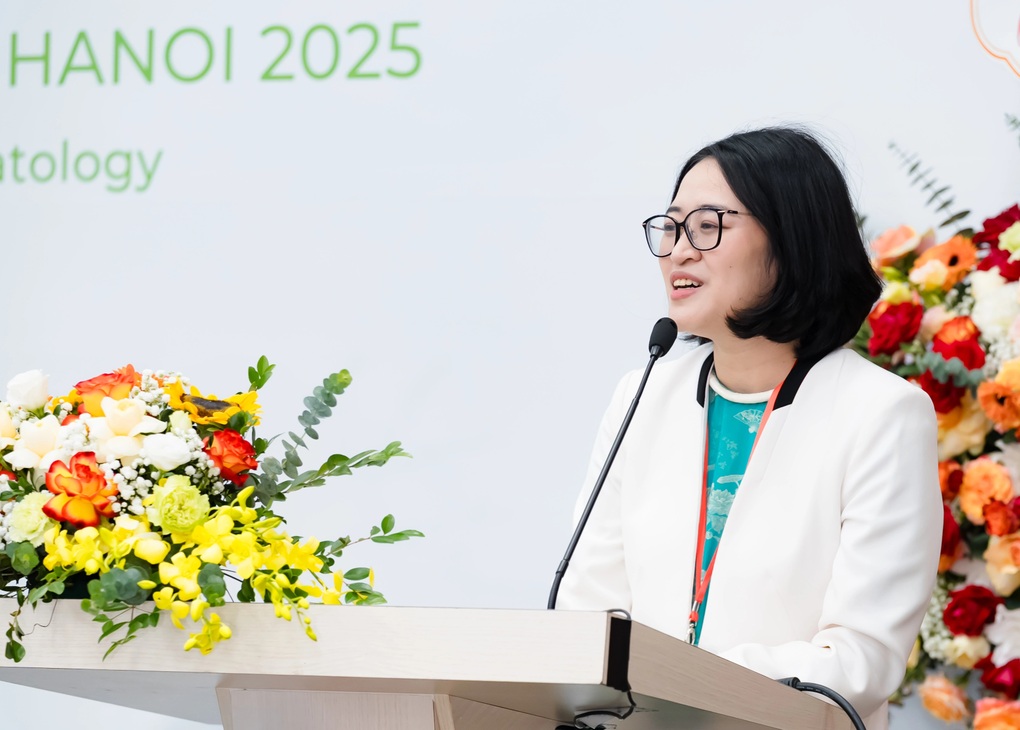
Associate Professor, Dr. Dao Viet Hang shared at the conference (Photo: Xuan Xuan).
Associate Professor Hang said that diagnosing this group of diseases requires modern machinery and high technology, while the system of equipment and training programs in the country is still limited. To master the techniques, many doctors have to study abroad for a long time, from 6 months to 1 year.
In that context, artificial intelligence is expected to be an "extended arm" to support doctors, helping to improve accuracy in diagnosis and treatment.
According to Associate Professor Hang, in recent years, AI has been increasingly widely applied in medicine, especially in the field of diagnostic imaging. In Vietnam, many medical facilities have applied AI in reading chest X-rays, mammograms, CT scans, MRIs, etc., helping to shorten analysis time and increase accuracy.
According to Associate Professor Hang, in the field of digestive - hepatobiliary, AI has been integrated into the endoscopy system to detect colon polyps, which is very popular.
AI not only helps detect polyps but is also a powerful assistant, suggesting and warning of lesions at risk of malignancy in the digestive tract.
In addition, AI is also applied in diagnosing many other diseases at a very early stage. "There is a case of a lung tumor that is only more than 1cm, even though the tumor is very small, AI's warning helps doctors examine more carefully, thereby detecting it early, avoiding missing it. That is the obvious practical value that technology brings," Associate Professor Hang assessed.
This expert affirmed that AI is a support tool, an information channel for doctors to refer to, but doctors are still the main decision makers, responsible for their own diagnosis.
According to Associate Professor Hang, in today's era, with a lot of pressure, stress, changes in diet and lifestyle increase the sensitivity of the digestive system.
The digestive tract is the body’s second immune organ. Therefore, we often feel pain, discomfort, prolonged digestive disorders… all related to the enteric nervous system.
In the context of the increasing number of patients with gastrointestinal diseases, the conference is an opportunity for doctors to exchange and learn from clinical cases with leading domestic and foreign experts...

Many contents were shared at the workshop, helping doctors update many new techniques (Photo: Xuan Xuan).
The conference brought together more than 20 leading expert speakers from the United States, Japan, Singapore, Hong Kong, Korea, Thailand, Malaysia, China, Indonesia and Vietnam.
Many topics were shared at the conference, from common functional digestive diseases including achalasia, gastroesophageal reflux, functional dyspepsia, chronic constipation, there was also a practice session on basic peristaltic exploration techniques; the clinical case discussion session focused on in-depth analysis of cases related to the diseases: pharyngeal-laryngeal reflux, vomiting and nausea, achalasia...
In particular, the topic of irritable bowel syndrome (IBS) will also be shared by experts with a comprehensive perspective from definition, pathophysiology, clinical manifestations, diagnostic approaches, personalized treatment strategies, the role of nutrition, psychological factors, to potential research directions on regulating intestinal microflora.
Irritable bowel syndrome is easily confused with symptoms of other digestive diseases such as colon cancer, chronic or acute enteritis, hyperthyroidism, etc.
Although it is a benign disease, does not cause cancer or dangerous complications, IBS seriously affects the patient's quality of life, making them tired, anxious and mentally impaired.
"When treating gastrointestinal disorders such as irritable bowel syndrome, gastric reflux... it is always necessary to ask very carefully about the patient's diet and lifestyle habits. Because medication only accounts for about 30% of effectiveness, the remaining 70% depends on whether the patient adjusts their lifestyle or not.
Treatment requires a combination of adjusting diet, lifestyle, exercise, reducing stress and, when necessary, providing psychological support for the patient. If there is no change, the disease can easily recur and become more severe, affecting health," Associate Professor Dr. Hang emphasized.
Source: https://dantri.com.vn/suc-khoe/ai-tro-ly-thong-minh-ho-tro-bac-si-chan-doan-benh-tieu-hoa-ung-thu-20251019133812992.htm








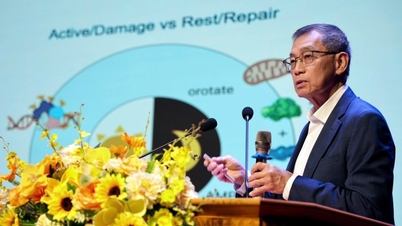
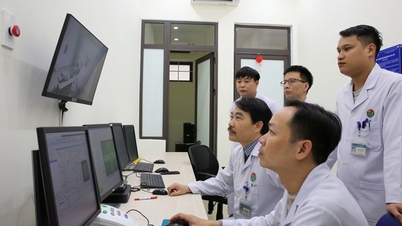

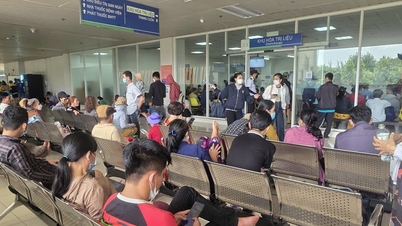

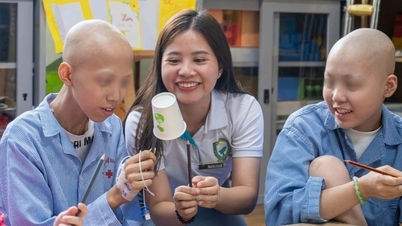


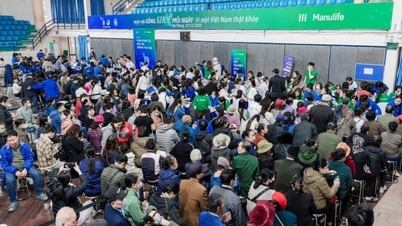

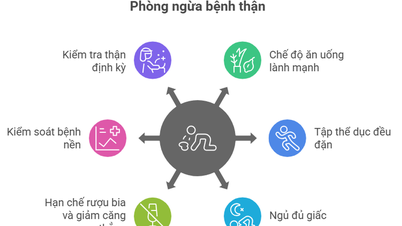



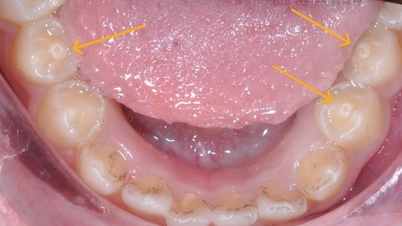































































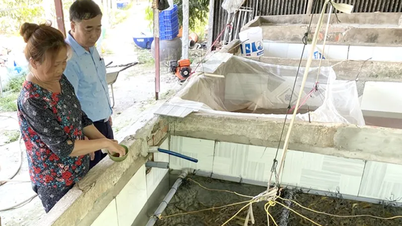




















Comment (0)